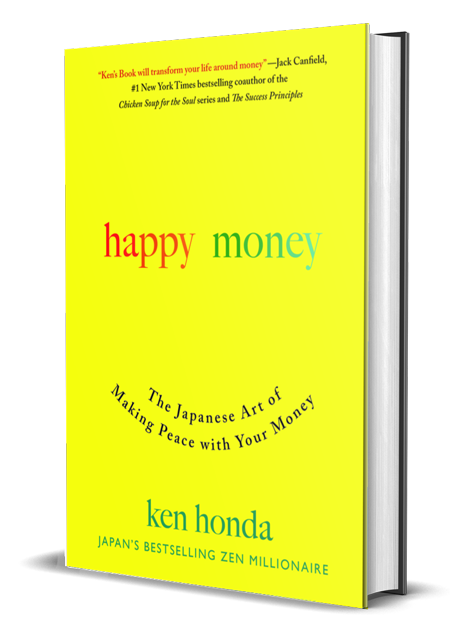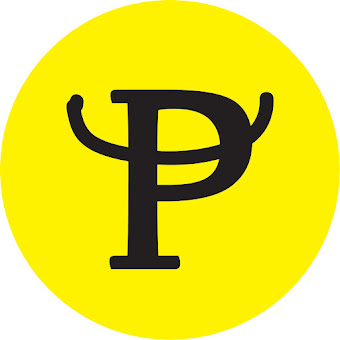 |
| Image from Ken Honda's site www.kenhonda.com |
This is one of many memorable quotes from Ken's inspirational book "Happy Money - The Japanese Art of Making Peace With Your Money." You would think he's not talking about money when you read the above quote but he is. And that is precisely why I like his book. He puts money in more perspectives than the rational Webster dictionary definition would tell us. And if you think long and hard about it, money is not just a paper/coin/crypto/digital concept but an energy concept. I say this because yes, it is a medium of exchange (for services, products, et al) but it is also a living, breathing thing that enlivens and animates people, projects, and what-have-you. Conversely, it also has the power to do the reverse.
It's usually a taboo subject in most circles, as polarizing as discussing religion or sex, even among close friends. The concept of money being happy is in itself intriguing and thought-provoking. At its simplest, happy money is money gained or given in a state of happiness and joy (like getting paid for a job one really loves). The book also made me probe deeper into my parents' and grandparents' money beliefs which have deeply affected my own beliefs. It's a wonderful exercise on this journey towards removing my money blocks (most oft-cited example is 'money is evil') and rebooting my relationship with money (a friend and ally, not a foe). And I ought to learn how to be a good receiver, not just a good giver.
 |
| Smiling Peso Art by O Ramos |
• While money may not buy happiness per se, it can enable one to bring joy into our own lives or the life of other people (ex. giving to a worthwhile advocacy or charitable institution).
• Money is a neutral energy - it flows to both good and evil people. It can also be used for good or nefarious purposes. The one who wields it can use it to give joy to him/herself or to others; conversely, he/she can use it to inflict harm. I've read it somewhere that money doesn't really change people; the in-flow of wealth only amplifies the nature of a person and I think that's true.
• The simplest (but not easiest for most people I guess) way to make your money happy is to be grateful and thankful for what you have, what you receive, and what you spend it for. One memorable anecdote that Ken shared came from his mentor Wahei Takeda (dubbed as the Warren Buffet of Japan) who was approached by a man for a loan. He was amenable to lending the money provided the man says "Arigato" (thank you in Japanese) 10,000 times. The man agreed but in the process, his life was transformed by gratitude that in the end, he didn't need the loan anymore because he became liquid and successful.
• Our deep-seated beliefs have been passed on to us not just by our parents but also grandparents. Experiences with friends, business associates, etc. can also impart money beliefs that block the flow of money and abundance. One insightful exercise I did was make some sort of a flow chart starting with my grandparents from both sides and my mom and dad. I wrote what lives they led (as far as I know them) and what money beliefs they may have had due to the lives they lived.
 |
| A generational money beliefs analysis can be revealing | Art by Oggie Ramos |
The exercise is not meant to pin the blame on our ancestors but rather recognize what beliefs linger that may not be true anymore in this digital age. For example, my parents lived through the war (WWII) and the tendency to hoard, keep seemingly junk stuff for perceived later needs, and be very cautious in spending will thus be understandable given their conditions then. I really wanted to be a minimalist so this tendency to hoard and fill the house with bits and pieces of stuff clash with this practice so it may be time to clear this belief out of my system. (Interestingly, Feng Shui also discourage clutter as it impedes the flow of qi as well as energy in the home or office).
If you're interested in healing your relationship with money, give Ken's book a read. You and your money will be the happier for it. (Click the link above to read Happy Money for free on Audible)
